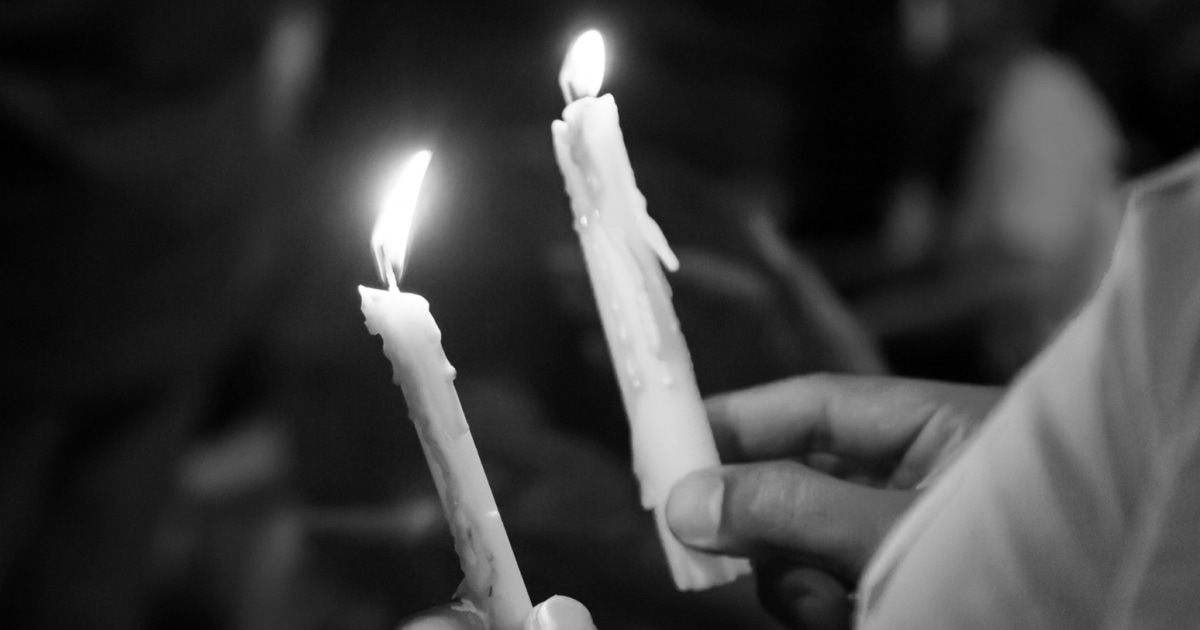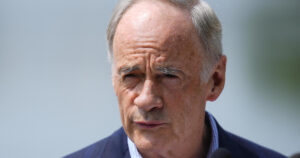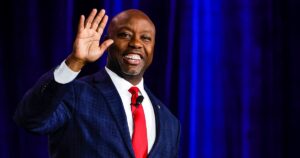Key takeaways:
- The Supreme Court declined to take up an appeal from the city of Ocala, Florida, concerning a prayer vigil held in response to a local shooting spree.
- Justice Clarence Thomas and Justice Neil Gorsuch both dissented from the decision, suggesting that the court should take up a similar case in the future.
- The Supreme Court’s decision not to take up the case leaves the door open for similar cases to be heard in the future.
The Supreme Court declined on Monday to take up an appeal from the city of Ocala, Florida, in a case concerning a prayer vigil held in response to a local shooting spree. The vigil, which was attended by uniformed police officers, included Christian prayers, and was challenged by individuals who argued it violated the Establishment Clause of the First Amendment.
The city argued that the plaintiffs did not have standing to bring the lawsuit, and asked the Supreme Court to intervene. However, the court declined to do so, and Justice Clarence Thomas dissented from the decision.
In his dissent, Justice Thomas suggested that the court should take up a similar case in the future. He was joined in this opinion by Justice Neil Gorsuch, who also wrote a separate opinion.
The Establishment Clause of the First Amendment prohibits government endorsement of religion, and this case highlights the difficulty of determining when a government action crosses the line into unconstitutional territory. The Supreme Court’s decision not to take up the case means that the lower court’s ruling will stand, and the individuals who brought the lawsuit will be able to proceed with their case.
The case is a reminder of the importance of the Establishment Clause, and the need for government officials to be mindful of the line between permissible and impermissible religious expression. The Supreme Court’s decision not to take up the case leaves the door open for similar cases to be heard in the future.



Be First to Comment